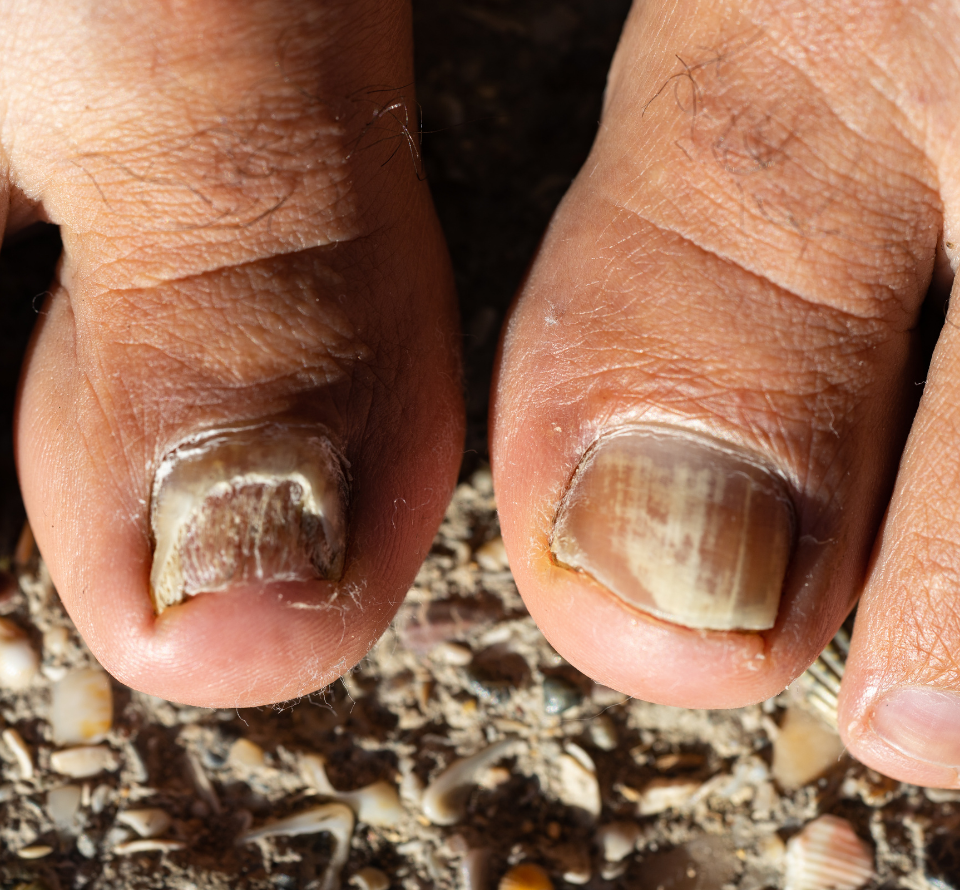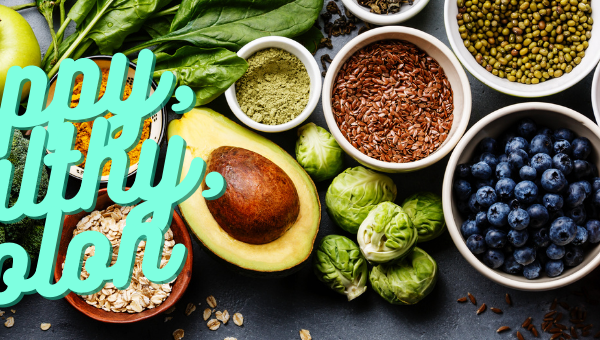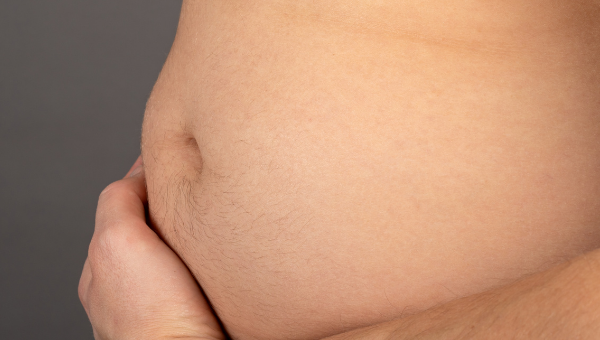It is important to recognize the signs and symptoms of candida. If healthy bacteria levels are disrupted, or your immune system is compromised, candida (yeast) can begin to overproduce.

Look for signs and symptoms
Take a good look at your stool! Inspect for things like candida strings (strings look like hairy worms), suspended cloudy specks, or cloudy saliva.
Usual and more obvious signs and symptoms indicated for candida are:
- Digestive issues, bloating, constipation, diarrhea
- Thrush
- Fatigue, irritability, mood swings, anxiety and depression
- Genital and urinary tract infections (recurring)
- Sinus infections
- Skin rashes and nail fungal infections
- Joint pain
- Nausea
150 known candida species live in our bodies, and all species are present for good reason: to aid digestion and absorb nutrients from your food.
Risk factors for candida infection
There are several risk factors for candida infection, including:
- Diet high in sugar and refined carbs
- High alcohol consumption
- Elevated stress levels
- Imbalance in your microbiota
- Antibiotics, birth control pills
- Weak immune system
If you are experiencing two or more symptoms of candida overgrowth, a change in diet and lifestyle can help you avoid a more serious condition. Consider adding personal time into your schedule, take a probiotic supplement, lay off sugar based treats, and cut back on alcohol consumption.

Is candida life threatening?
Candida can give you a run for your money, but it is not life threatening.
Here are some simple additions for your diet that can help you fight candida overgrowth:
- Coconut Oil
- Probiotics
- Garlic, curcumin
- Non-starchy vegetables
The Candida Diet
The Candida Diet excludes sugar, gluten, alcohol, certain dairy products and harmful additives. It encourages low-sugar fruits, non-starchy vegetables, and gluten-free foods.
- Gluten – If you are gluten intolerant (celiac disease), gluten may damage your intestinal lining.
- High sugar intake – high sugar intake may worsen candida infections in people with weakened immune systems.
- High carb intake – high carb intake may increase candida counts in some people
- Some dairy products – dairy products like lactose (milk sugar) may stimulate candida (yeast) growth by increasing acidity levels in your mouth.
- Foods with artificial ingredients, high mold content, preservatives and pesticides.
- Lower alcohol and caffeine intake – lowering your alcohol and caffeine intake lowers inflammation and simply makes sense as it supports healthy lifestyle practices.
The candida diet is designed to reduce inflammation, include wholesome foods that support gut microbiome, and reduce your risk of candidiasis. Chronic (long-term) inflammation can occur inside your body without any noticeable symptoms, and can drive illnesses like diabetes, heart disease, fatty liver disease, and cancer.
All-in-all, a diet recommend for candida overgrowth is not a bad lifestyle choice if you’re looking to stay healthy.




No Comments